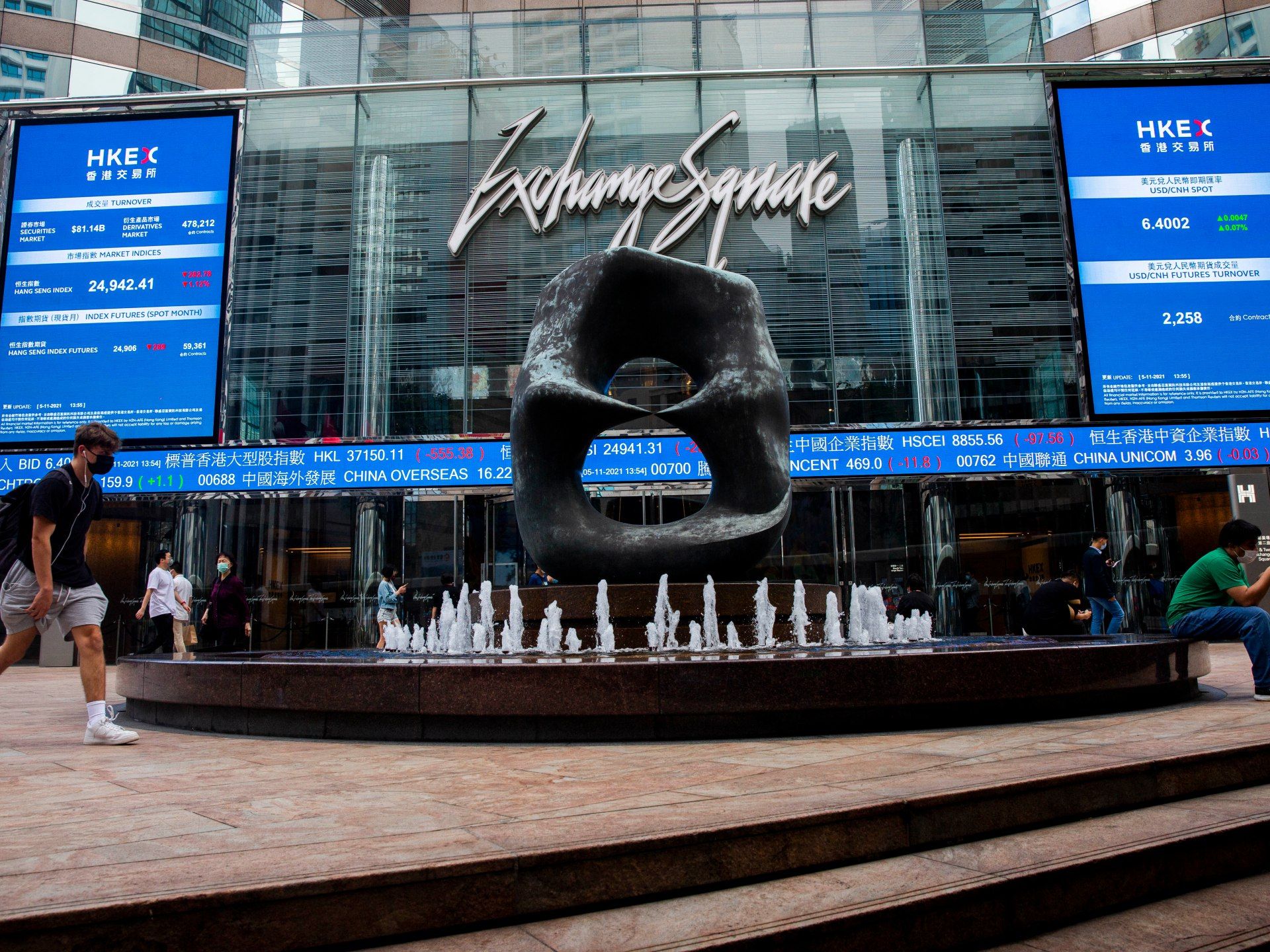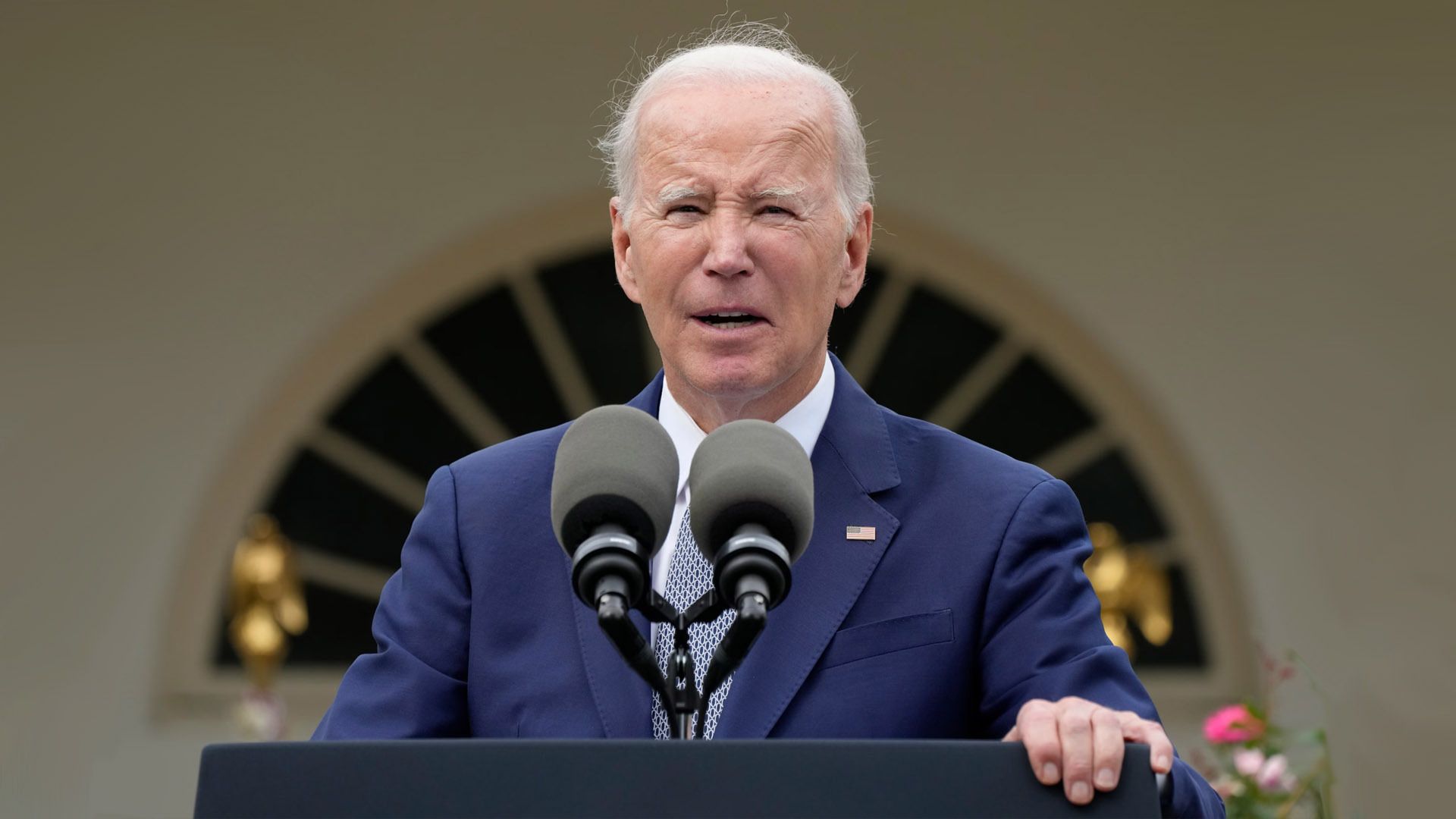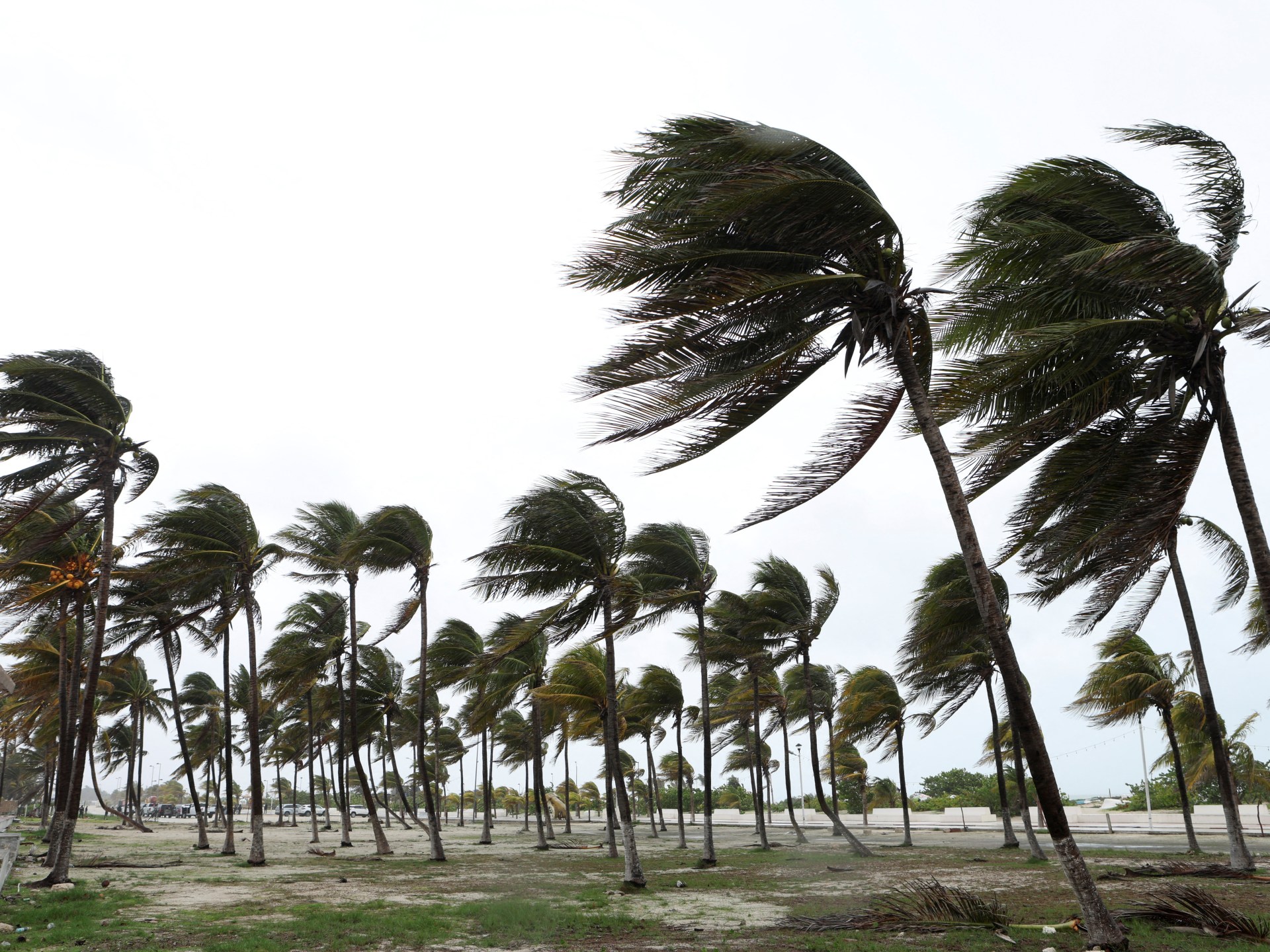City leader John Lee says the move will strengthen the Asian financial hub's competitiveness.
Hong Kong is about to end its decades-long practice of closing the stock market during typhoons and extreme weather conditions.
Hong Kong Chief Executive John Lee said the change had broad support from the financial sector and would align the financial center with other markets, including mainland China.
“Shenzhen and Shanghai now operate in bad weather. There is no reason why Hong Kong, as an international financial center, should not do the same,” Lee told reporters at a news conference on Tuesday.
“Continuous trading in adverse weather conditions can strengthen the competitiveness of the Hong Kong Stock Exchange,” he added.
Hong Kong regularly experiences typhoons between June and October, but officials have warned residents to expect more powerful and unpredictable storms in the future due to climate change.
Last year, Hong Kong authorities issued the city's highest weather alert (T10) for the 16th time since World War II, for Super Typhoon Saola.
However, last year's 11 storms of typhoon intensity or above were fewer than the average of about 15 between 1961 and 2020, according to the Hong Kong Observatory.
Hong Kong's stock market has suffered huge losses in recent years amid slowing growth in China and a crackdown on dissent in the semi-autonomous territory, which was promised rights and freedoms not found in mainland China. as a condition of his surrender from Britain.
The benchmark Hang Seng Index ended 2023 down 13.8 percent, recording its fourth consecutive year of decline.
Since 2019, the index has fallen more than 38 percent, even as stock markets in the United States, Japan and India have soared.
In January, India's stock market overtook Hong Kong's to become the world's fourth-largest stock market, according to data from the World Federation of Exchanges.












